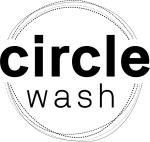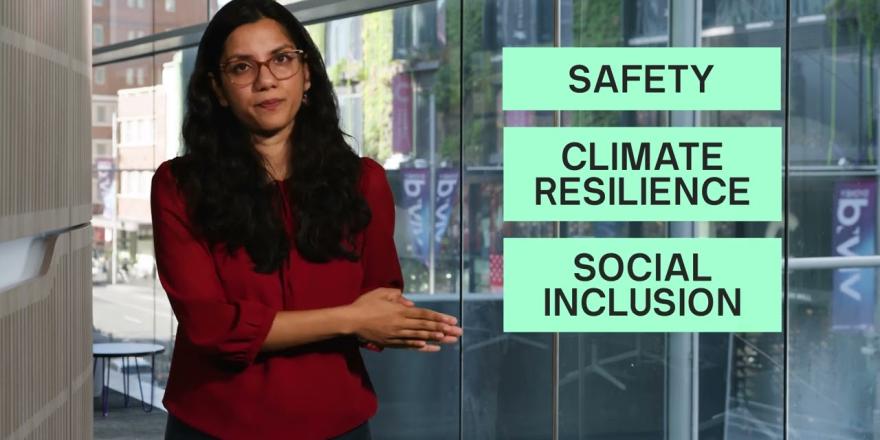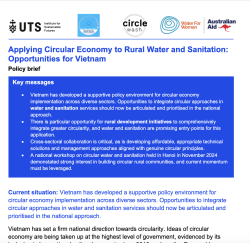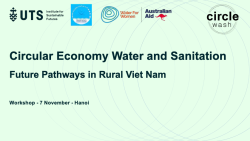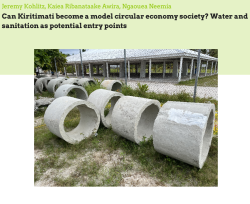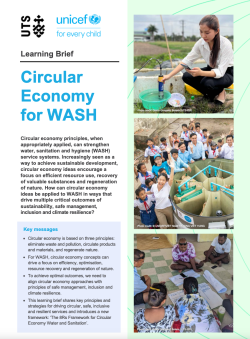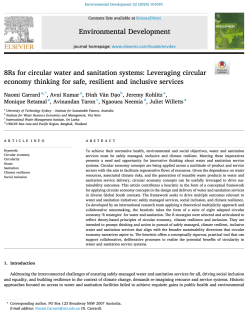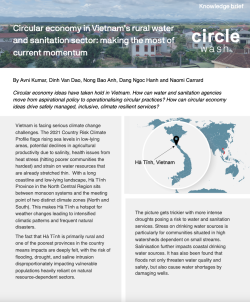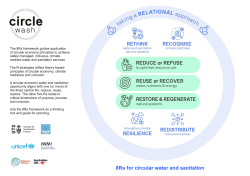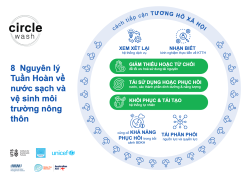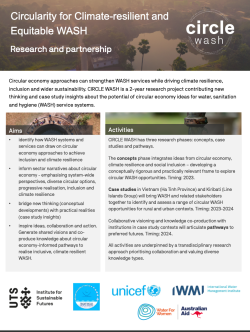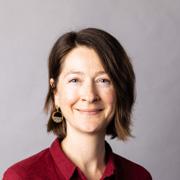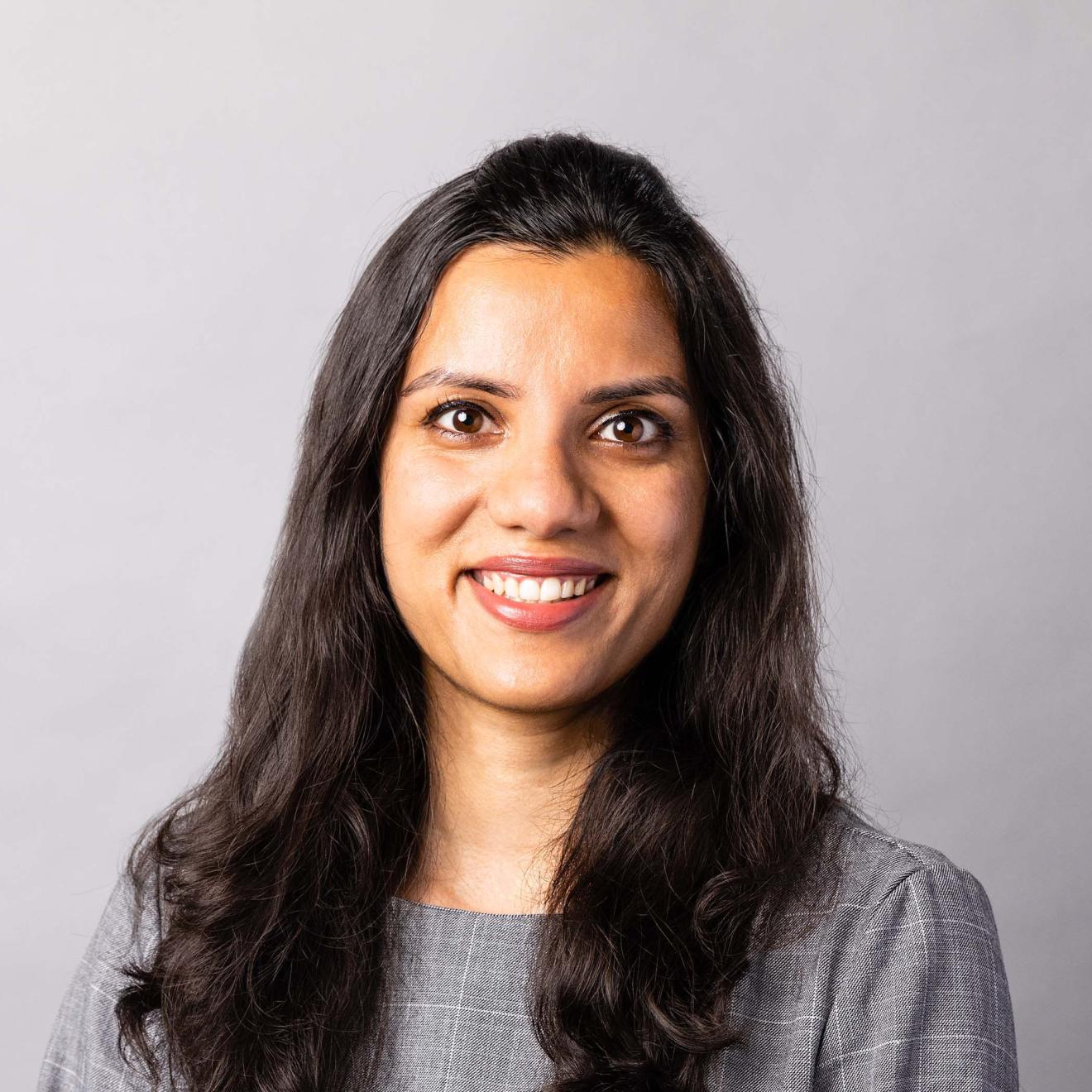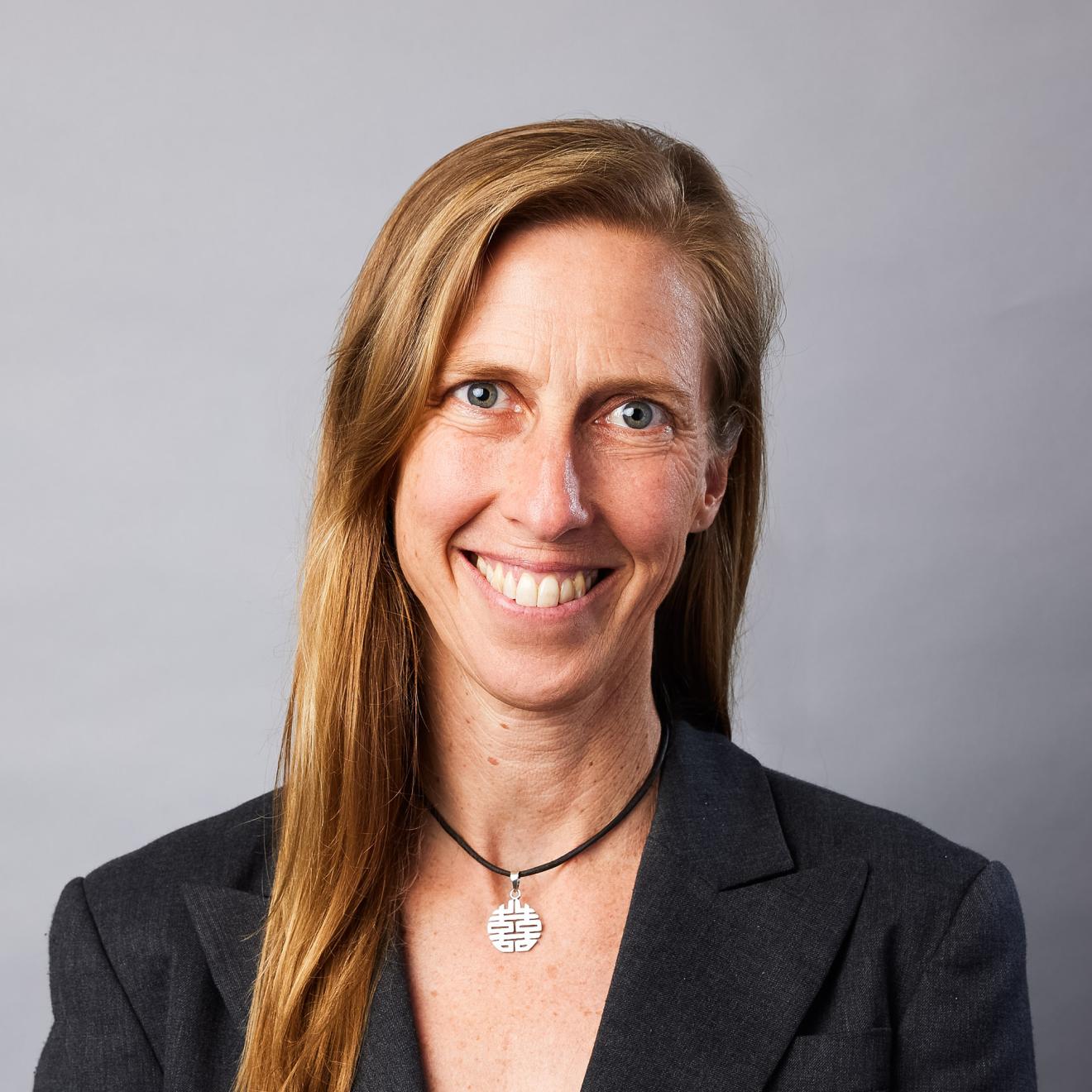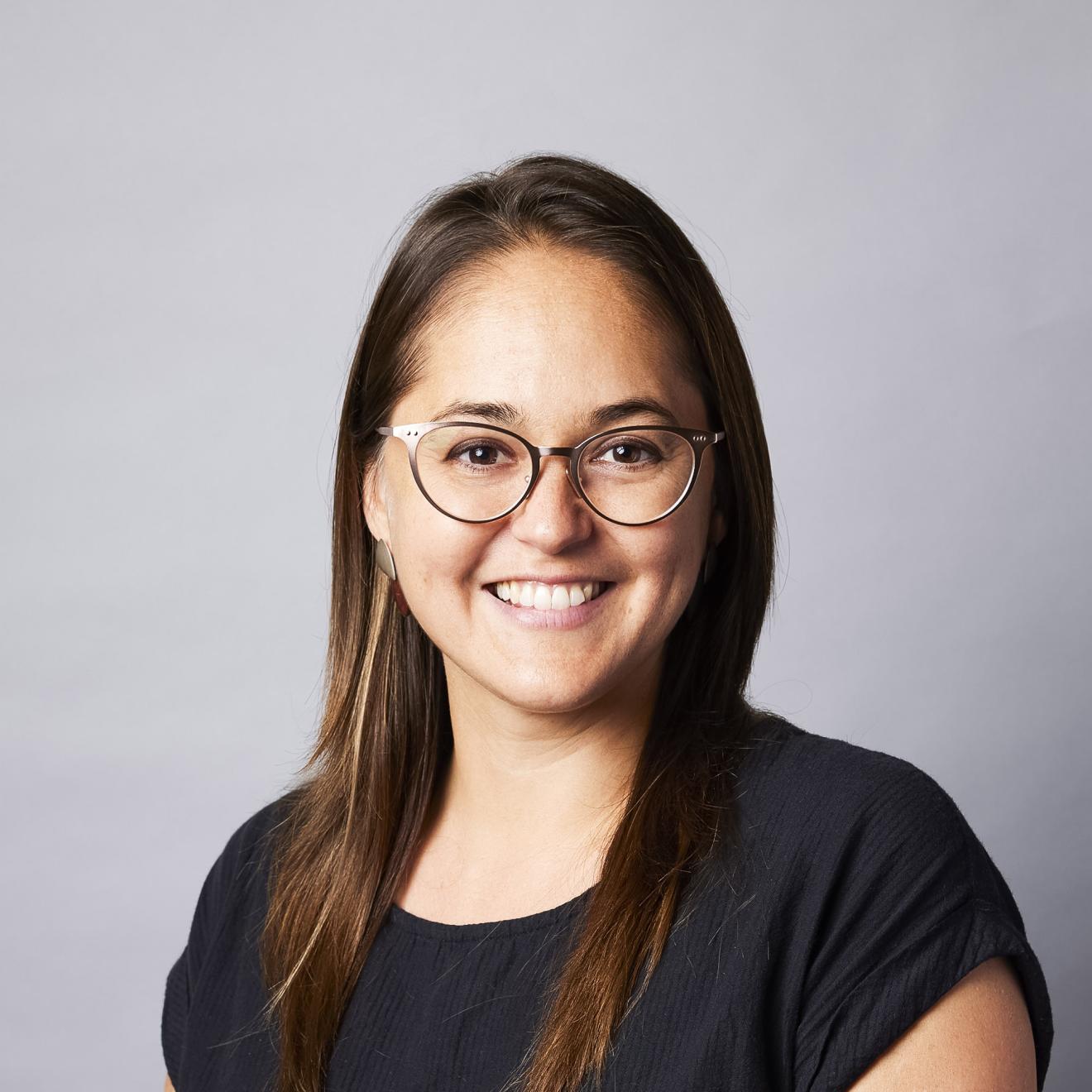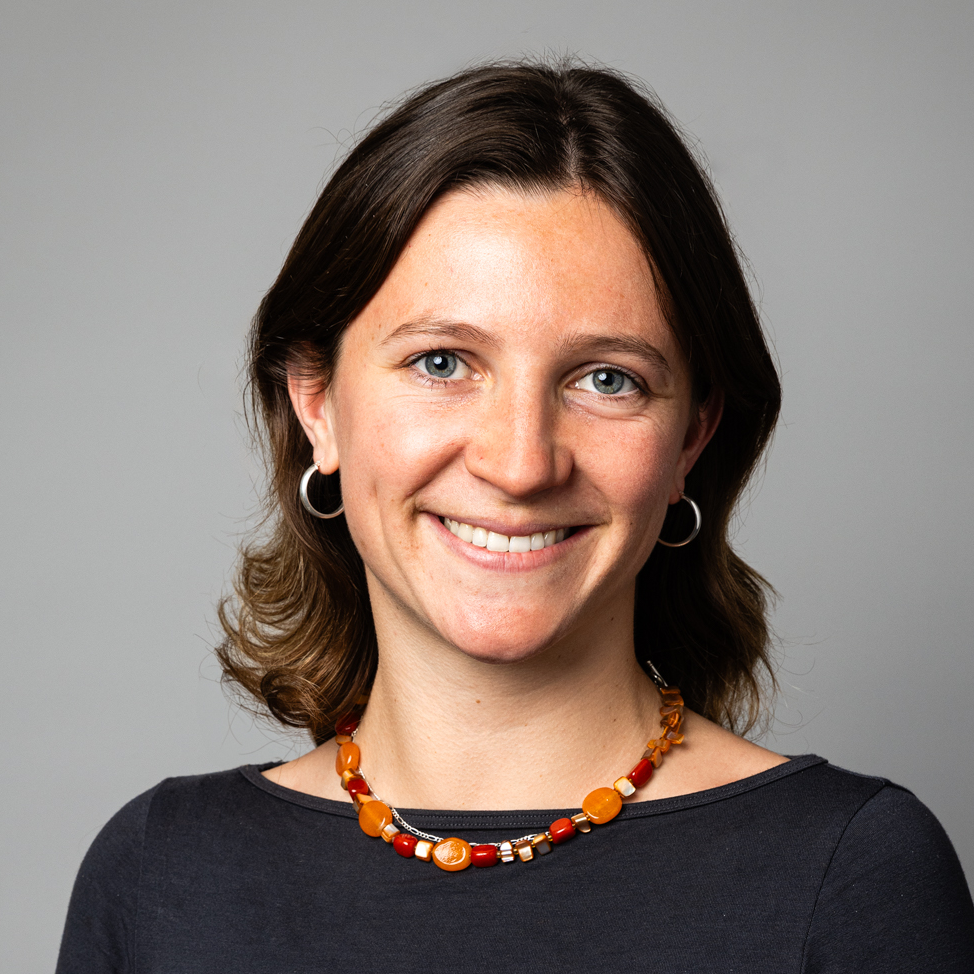Circular economy approaches can strengthen water, sanitation and hygiene (WASH) services while driving climate resilience, inclusion and wider sustainability. CIRCLE WASH is a two-year research project contributing new thinking and case study insights about the potential of circular economy ideas for WASH service systems.
Aims
- Identify how WASH systems and services can draw on circular economy approaches to achieve inclusion and climate resilience.
- Inform sector narratives about circular economy - emphasising system-wide perspectives, diverse circular options, progressive realisation, inclusion and climate resilience.
- Bridge new thinking (conceptual developments) with practical realities (case study insights).
- Inspire ideas, collaboration and action. Generate shared visions and coproduce knowledge about circular economy-informed pathways to realise inclusive, climate resilient WASH.
Activities
CIRCLE WASH has three research phases: concepts, case studies and pathways.
The concepts phase integrates ideas from circular economy, climate resilience and social inclusion – developing a conceptually rigorous and practically relevant frame to explore circular WASH opportunities. Timing: 2023.
Case studies in Vietnam (Ha Tinh Province) and Kiribati (Line Islands Group) will bring WASH and related stakeholders together to identify and assess a range of circular WASH opportunities for rural and urban contexts. Timing: 2023-2024
Collaborative visioning and knowledge co-production with institutions in case study contexts will articulate pathways to preferred futures. Timing: 2024.
All activities are underpinned by a transdisciplinary research approach prioritising collaboration and valuing diverse knowledge types.
CIRCLE WASH explainer video
Research outputs
-
Policy brief: Applying Circular Economy to Rural Water and Sanitation: Opportunities for Vietnam (2025)
(English) (Vietnamese) -
Circular Economy Water and Sanitation – Future Pathways in Rural Viet Nam (2024) (Masterslides)
(English) (Vietnamese) -
Circular Economy for WASH (2024) (Learning brief prepared with UNICEF East Asia and Pacific Region)
-
Circular Economy Principles Applied to WASH Service Systems (2024) (SIWI World Water Week)
-
Situation analysis knowledge brief: Ha Tinh, Vietnam (2024) (Knowledge brief)
-
8Rs Framework for Circular Water and Sanitation (2023) (Framework)
-
8Rs Framework for Circular Water and Sanitation (2023) (Framework in Vietnamese)
-
Circularity for Climate-resilient and Equitable WASH (2023) (Project brief)
Researchers
-
Research Director
-
Senior Research Consultant
-
Research Principal
-
Professor and Research Director
-
Program Lead - Resource Stewardship
-
Research Assistant
-
Dinh Van DaoResearcher, Institute of Water Resource Economics and Management
-
Dang Ngoc HanhResearcher, Institute of Water Resource Economics and Management
-
Vu Thi Mai HienResearcher, Institute of Water Resource Economics and Management
-
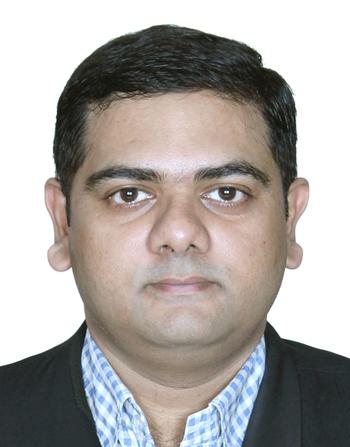 Avidandan TaronResearcher, International Water Management Institute
Avidandan TaronResearcher, International Water Management Institute
Year
- 2023-2024
Client
- GHD - DFAT Water for Women Fund
Partner
- Institute for Water Resource Economics and Management (IWM)
- UNICEF
- International Water Management Institute (IWMI)
SDGs
This project is working towards UN Sustainable Development Goals 6 and 13.



